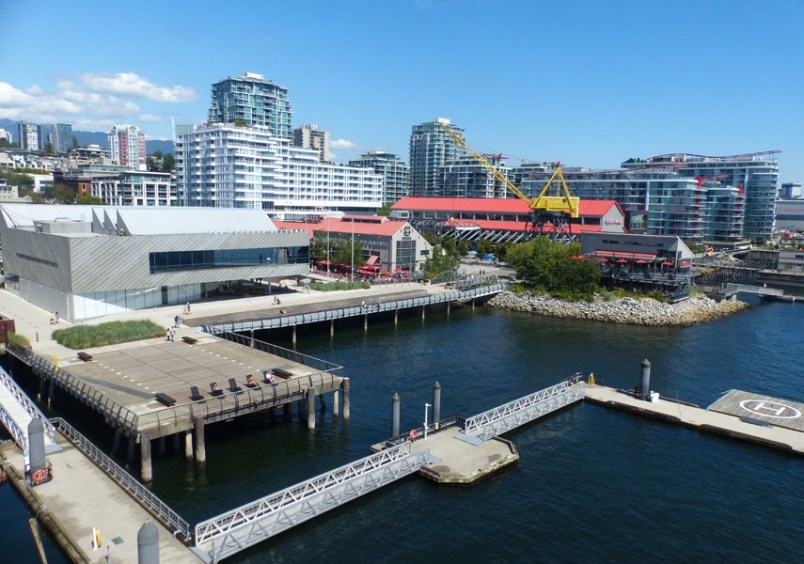City of North Vancouver taxpayers can expect a municipal tax increase of just under four per cent this year, after council voted in support of the new budget at Monday’s meeting.
Council endorsed the city’s 2021-2030 capital plan and approved the 2021 financial plan, with little fuss at its March 8 meeting. The city’s updated financial plan totals $231.7 million, a decrease of $17 million from the 2020 budget.
The 3.98 per cent tax increase is largely to cover the city’s operating costs – which are funded mainly by taxpayers (81%) – with 3.7 per cent going toward operations and 0.28 per cent to new items.
The 2021 operating plan reflected that the tax increase was needed mostly to cover increases in city wages and benefits (2.21%), and for The Shipyards and waterfront operations (1.57%) as well as reversing COVID-19 related savings, new capital infrastructure maintenance costs and other cost adjustments.
City staff said typical strata property tax was $1,279 in 2020 and estimated it will rise to $1,330, or $111 per month, with the 3.98 per cent tax increase, leaving taxpayers an extra $51 out of pocket in the 2021 tax year.
Councillors voted unanimously to move forward with the budget, echoing comments of support.
Coun. Don Bell said he recognized the decision was made because of the cost of The Shipyards.
“Basically, the budget wouldn't have had a significant increase with it, or to the degree to which it had, beyond … cost of living increases, but the cost of The Shipyard shifting from being a capital project with capital funding to operating has made that difference,” he said.
“While it's unfortunate that it's there, it's a reality and The Shipyards is very successful.”
Coun. Tony Valente said while it was one of the more “challenging” budgets, the plan “does set us up for the future.”
“I think it supports our public spaces and we've just talked about The Shipyards, which, again, is an investment in the well-being of the folks that live in the city of North Van. I think this year it's definitely done a special duty.”
He said he was also happy to see funds being directed to infrastructure investment aimed at helping to get people around the city safely.
While last year’s tax increase was an even two per cent, due to it being an unprecedented year because of the pandemic, Coun. Angela Girard believed that “we're heading into a much more promising year ahead, and the increase of 3.98 per cent is certainly not out of line with the city's five-year average.”
“The reality is costs are going up,” she said. Cost of utilities has risen, staffing costs are going up. This is our first year of bringing The Shipyards into our operating budget and we must be prepared to support that infrastructure, which, as councillor Bell noted, is highly enjoyed and appreciated.”
Coun. Jessica McIlroy said she was pleased to see the city was still able to further its goals during the pandemic.
“During a pandemic and the tough times that many local governments and all of us have had, it’s really great to see that we're capable of continuing our program levels and being able to provide the activity and support, both internally and externally, to our community members and keep the work going in the city,” she said.
Mayor Linda Buchanan said the city’s budget was relatively similar to the other municipalities on the North Shore and praised staff for keeping tax increases under four per cent.
“The Shipyards and the waterfront operations has transferred from capital into operating and we will look at ways as we move forward to see how that can be, for the most part, self funded,” she said. “But the reality is that we will have some operational costs for it.”
“It is becoming, and more so over this past year … highlighted by an urban planner who does this work, as the best outdoor public space in Canada, and so you don't get those tags and you don't get a lot of success around public infrastructure, if people aren't loving it, and getting there. Those people who are coming are also contributing to our local economy and supporting a vibrant community.”
The budget is anticipated to return to council in April for further discussion of the tax rate increase distribution options and at that time there will be further analysis on the impact of the increase to property owners.
Elisia Seeber is the North Shore News’ Indigenous and civic affairs reporter. This reporting beat is made possible by the Local Journalism Initiative.


